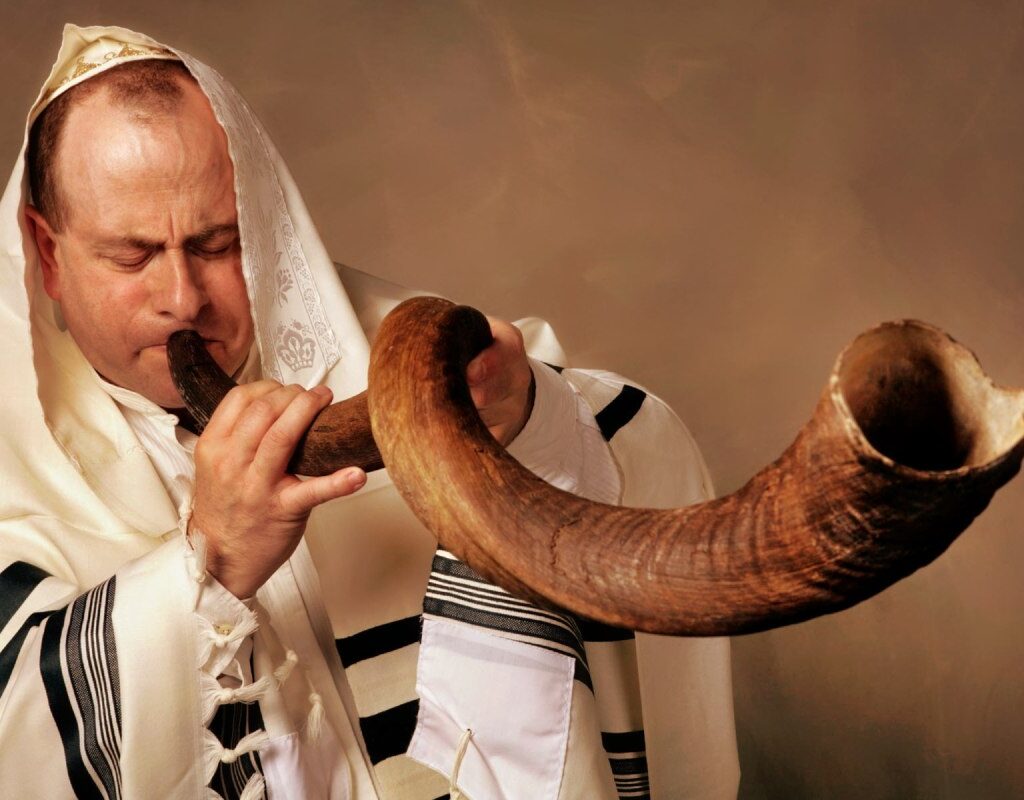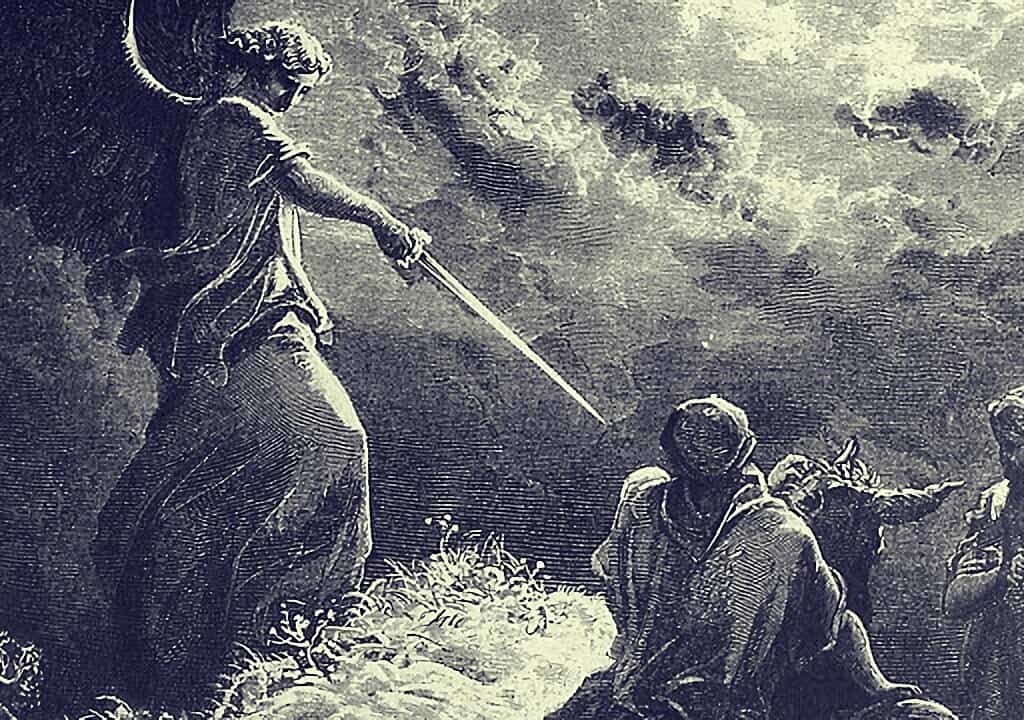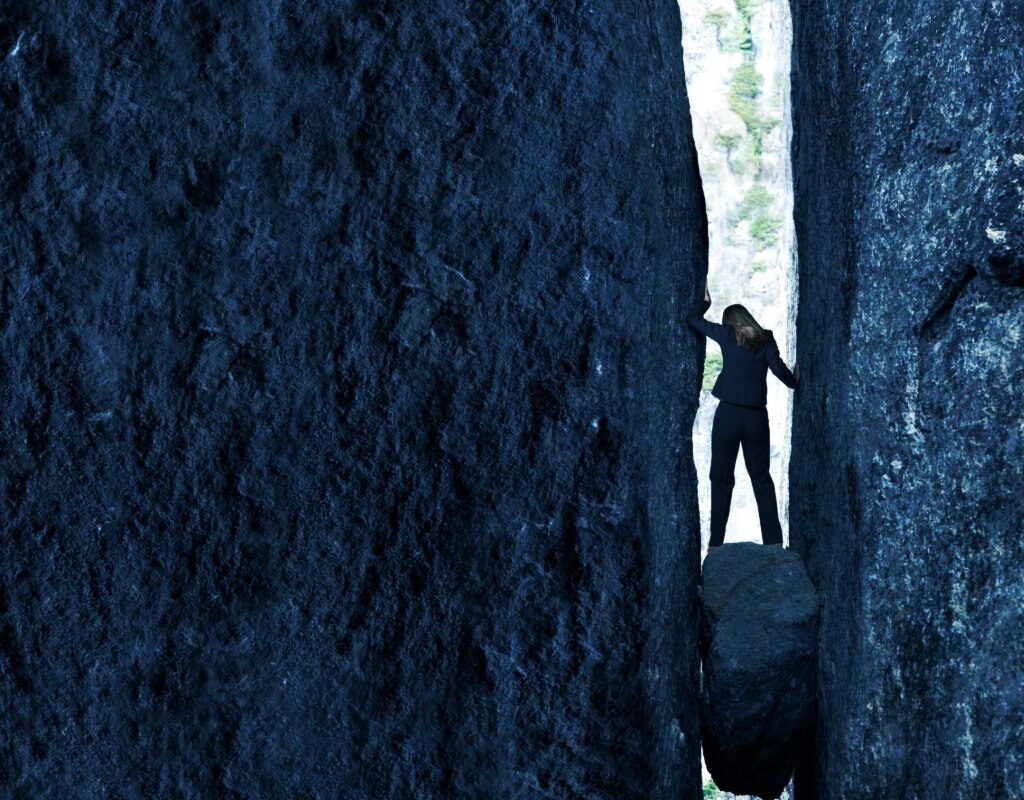On Rosh Hashanah, when the shofar sounds, sacred writings refer to it as Yom Truah, highlighting dual themes: ushering in a fresh year and symbolizing a day of reckoning, an opportunity for introspection. As we greet the new year, we ponder the past and cast hopes for the future.
Rosh Hashanah and the Shofar: A Deep Dive into Its Historical Significance
Biblical references to Rosh Hashanah can be found in:
Per Numbers 29:1, “On the first day of the seventh month, you shall have a holy assembly; you shall not do any ordinary work. It is a day for you to blow the trumpets.” Similarly, Leviticus 23:24 advises, “Remember this day with a trumpet blast on the first day of the seventh month.”
The Shofar’s Resonance: From Sinai to Diaspora
Monarchies, Shofars, and Trumpets: How Judaism Celebrates Divine Rule
This day honors the Divine’s bestowal of blessings, mirroring monarchial ascendancies where trumpets and shofars announce the start of their dominion.
King David declared: “With trumpets and sound of cornet make a joyful noise before the Lord, the King” (Psalms 98:6).
The shofar’s call harks back to Sinai’s revelation, epitomized by “The shofar sounded increasingly loud,” where the Israelites affirmed:
“We will listen and we will do.”
Furthermore, the shofar’s call hints at the prophesied gathering of the Diaspora.
The Shofar and Isaac’s Narrative: Legacy, Offering, and Significance
The shofar echoes the tale of Isaac’s near-sacrifice. Post this ordeal, Abraham spied a ram, its horns ensnared in thickets, and chose it as a stand-in for his son.
The shofar’s call celebrates ancestral accomplishments. Tradition dictates it is sounded 101 times. Yet, if Rosh Hashanah coincides with the Sabbath, it remains silent, heeding scholarly guidance.
While trumpets are man-made, the shofar, originating from a ram’s horn, distinguishes itself as a natural relic.
Human trumpeting is construed by the Torah as a summons, whether celestial or terrestrial. But if the Divine calls, it emanates from the shofar.
Tekiyah, Shevarim, Truah: The Shofar’s Lingua Franca on Rosh Hashanah
From Mussaf’s Amidah to Yom Kippur: The Shofar’s Guiding Light
Distinct notes include the elongated “Tekiyah,” the interrupted “Shevarim” or “Truah,” or their amalgamation, succeeded by another “Tekiyah.” These tones once alerted the Israelites during their desert sojourns.
The initial Tekiyah signifies a location, the Teruah a transition, and the concluding Tekiyah designates the endpoint. On Rosh Hashanah, God beckons us to forgo vices, contemplate, and recalibrate our path to His designs.
These notions permeate Mussaf’s Amidah (prayer).
Concepts such as “Malchiyot” (summoning), “Zichronot” (recollection), and “Shofarot” (the shofar’s reverberation encouraging new beginnings) intertwine.
The shofar also symbolically underscores the emancipation of slaves and territorial restitution during Yom Kippur of the Jubilee, an event every 50 years.
Elul’s Month and Gearing Up for Rosh Hashanah: Traditions and Meanings
Elul’s Rituals: From Morning Shofar to Ashkenazi and Sephardi Selichot
In Elul, preparations for Rosh Hashanah intensify. From Elul’s inception, post-Shacharit, the shofar calls out, urging reflection ahead of the imminent days of judgment.
Sephardi traditions involve early morning “Selichot” recitations during Elul, imploring pardon. Conversely, Ashkenazim observes this closer to Rosh Hashanah’s Eve.
As the commemoration nears, blessings of prosperity are exchanged, hoping names find a place in the book of benevolent deeds. The start of this cycle witnesses symbolic gestures reflecting deep-set wishes:
- An apple is sweetened with honey, accompanying prayers for a year rich in blessings.
- A fish or lamb’s head is savored, invoking leadership aspirations.
- Consuming a pomegranate, one wishes for virtues to flourish akin to its seeds.
- Sampling dates evoke prayers to silence adversaries.
Related Reads:




